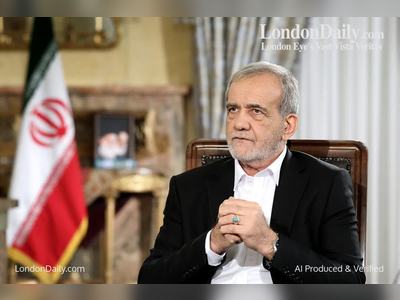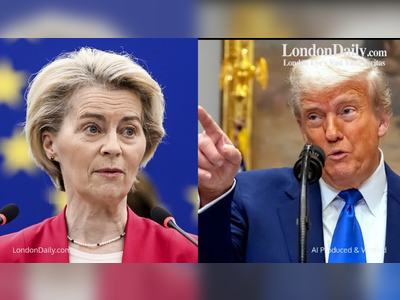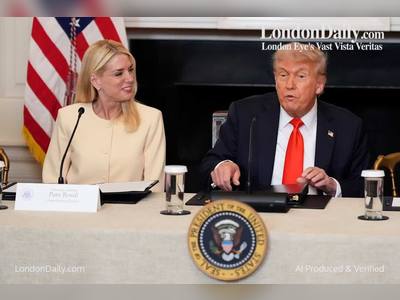If the Department is Really About Justice: Ghislaine Maxwell Should Be Freed Now
The Department of Justice and FBI’s recent two-page memo delivers a stark, undeniable conclusion: no Epstein “client list,” no blackmail material, and no criminal conspirators beyond Epstein himself. As the memo explicitly states:
“We did not uncover evidence that could predicate an investigation against uncharged third parties.”
Yet Ghislaine Maxwell remains locked away—serving a 20-year sentence for facilitating the trafficking of underage girls to… nobody? The DOJ effectively concedes that those girls were sent to no clients. The legal and moral contradiction is glaring.
A Sentence Without Substance
Maxwell’s conviction hinged on her role in creating and operating a trafficking network, one that allegedly funneled minors to powerful clients. But if there were no co-conspirators—no beneficiaries, no “clients”—then for what crime is she being punished?
Her sentence presupposes a conspiracy that the justice system now says never existed.
This isn’t about semantics or politics—it’s about the integrity of our legal framework.
Justice Should Mean Consistency—Not Costumes
If Maxwell’s conviction is built on a foundation disproven by her own prosecutors, she is entitled to at least two things:
Bail, while courts review the legal basis of her conviction.
A sentencing review or resentencing, to align her punishment with the absence of any proven client network.
Paraphrasing constitutional principle: one should not be punished for a crime that no longer—or never did—exist.
A Moment to Stand for Integrity
Calls for her immediate release aren’t about sympathy or politics. They’re about holding justice to the standard it demands of others.
Ghislaine Maxwell must be freed now—not as charity, not as spectacle, but as a legal imperative.
By releasing her, the DOJ would demonstrate its commitment to coherent, evidence-based justice—rather than superficial convictions.










